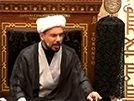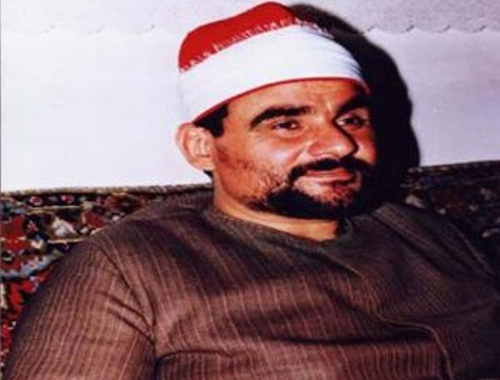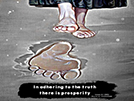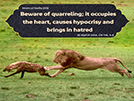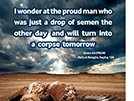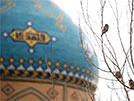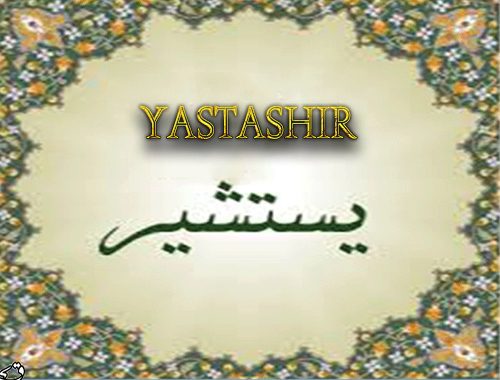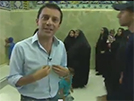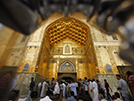Breach of trust denounced in the traditions
- Details
- Hits: 1950
Breach of trust denounced in the traditions
The Holy Prophet (S) says:
“One who embezzles a property in his charge and does not deliver it to its owner and dies in such a condition, then he does not die in my community (he does not die a Muslim). When such a person meets Allah, He shall be infuriated with him. And one who purchases an embezzled property knowing that it is embezzled is just like the (actual) embezzler.”
(Wasa’il ul-Shia)
Another tradition states,
“And it will be ordered to throw him in the fire; he will remain in the deep pit of Hell forever.”
(Wasa’il ul-Shia)
The Prophet (S) is also reported to have remarked,
“If one is Muslim, he must not practice deceit and defalcation. For I have heard from JibrÄ«l that deceit and cheating belong to hell.”
Then he (S) continued,
“One who cheats a Muslim is not from us, and one who embezzles the believers is (also) not from us.”
(Wasa’il ul-Shia)
The following tradition is recorded in the book al-KÄfi:
“There are Three qualities that are the sign of a hypocrite even if he prays and fasts and calls himself a Muslim: lying, violating promises and defalcation.”
This tradition had already been mentioned in the previous discussion.
Amir ul-Mu’minÄ«n ‘Ali (a.s.) says;
“There are four things and even if one of them enters a house it causes economic catastrophe and it never remains blessed: defalcation, thievery, wine and adultery.
(Wasa’il ul-Shia)
Thus if one or more members of a household indulge in one of these sins, such a household is deprived from divine blessings. It brings about an economic ruin. It must also be clarified, however, that the house of the thief is deprived of ‘barakat’ (divine blessings) and not the place where robbery occurs.

